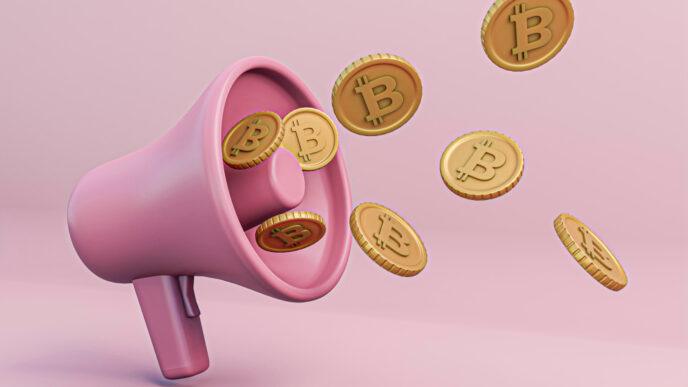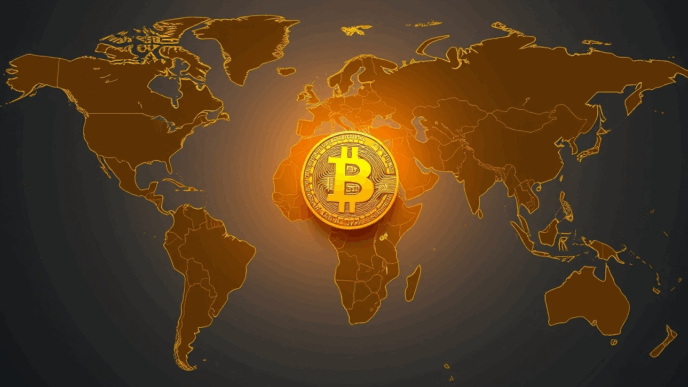Bitcoin has sparked global debates about their ethical and religious implications. For Muslims, the question “Is Bitcoin haram?” is particularly pressing, as it intersects with Islamic financial principles rooted in Sharia law.
Islamic Principles on Money and Finance
Sharia law governs all aspects of a Muslim’s life, including finance. Key principles include:
- Prohibition of Riba (Interest): Earning or paying interest is strictly forbidden.
- Avoidance of Gharar (Uncertainty): Transactions must be clear, transparent, and free from excessive risk.
- Asset-Backed Value: Money must have intrinsic value (e.g., gold, silver).
- Prohibition of Maysir (Gambling): Speculative ventures akin to gambling are banned.
Bitcoin challenges these principles, as it exists purely in digital form and lacks centralized regulation.
Is Bitcoin Haram? : Compliance with Sharia
Argument 1: Bitcoin as a Legitimate Asset
Proponents argue bitcoin is permissible because it functions as a decentralized, transparent, and finite resource (capped at 21 million coins). Some scholars liken it to “mal” (wealth) in Islam, which can be traded if it holds value.
- Case Study: Sharia Advisory by Blossom Finance in Indonesia ruled bitcoin halal if used as a commodity (not currency), citing its utility in cross-border transactions for Muslim-majority nations.
- Statistic: Muslim-majority countries like Turkey and Indonesia ranked among the top 20 in global adoption, with $26 billion in transactions in the Middle East and North Africa.
Argument 2: Bitcoin Avoids Riba
Unlike traditional banking, bitcoin transactions don’t involve interest. Peer-to-peer exchanges align with Islamic finance models like mudarabah (profit-sharing).
Why Bitcoin Might Be Haram
1. Lack of Intrinsic Value
Gold and silver are endorsed in the Quran (Surah Al-Imran 3:75) as stable currencies. Bitcoin, however, derives value solely from demand. Critics argue its volatility (e.g., 70% price drops in 2022) resembles gambling.
- Fatwa Example: Egypt’s Grand Mufti declared bitcoin haram in 2018, citing its detachment from tangible assets and use in illicit activities.
2. Excessive Gharar and Speculation
Bitcoin’s price swings (e.g., rising from $3,000 to $60,000 between 2019–2021) introduce uncertainty. The Hadith warns against “selling what you do not own” (Sahih Bukhari 2114), which critics equate to speculation.
Case Studies: How Muslim Countries Navigate Bitcoin
- Turkey: Despite a 2021 ban on digital currency payments, 50%+ of Turks own digital currencies, driven by economic instability and inflation.
- Saudi Arabia: The Central Bank warns against digital currency, but trading persists on offshore platforms.
- UAE: Dubai’s Virtual Assets Regulatory Authority (VARA) regulates digital currencies under Sharia-compliant frameworks, blending innovation with compliance.
Practical Guidance for Muslims
- Consult Knowledgeable Scholars: Seek advice from experts in both Islamic finance and blockchain.
- Avoid Speculation: Use bitcoin for utility (e.g., remittances), not short-term gains.
- Prioritize Transparency: Ensure transactions comply with anti-fraud (ghish) and honesty (sidq) principles.
The question “Is bitcoin haram?” lacks a universal answer. While some scholars permit it as a tradeable asset, others condemn its speculative nature and environmental toll.
Muslims must weigh bitcoin’s risks against its potential for financial inclusion, especially in unbanked regions. As the technology evolves, ongoing dialogue between Islamic jurists and fintech innovators will be critical.















